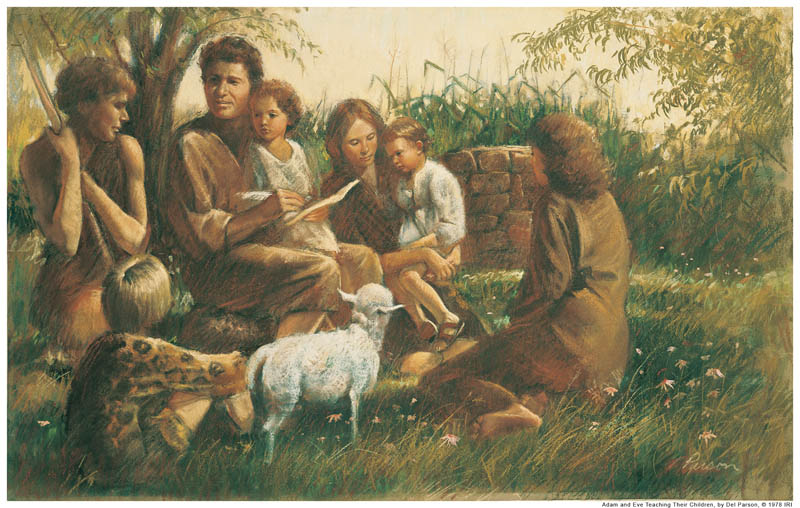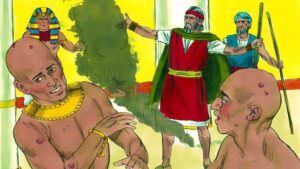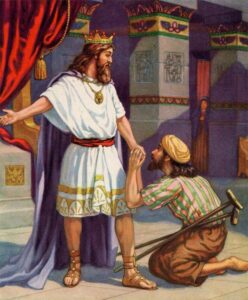Introduction:
In the early chapters of the Bible, Adam and Eve, the first humans created by God, experienced the joys and challenges of parenthood. Their story unfolds with the births of their sons, Cain and Abel, whose lives became intertwined with profound consequences. This blog explores the biblical account of Cain and Abel, shedding light on their significance in Judeo-Christian history and theology.

The Birth of Cain and Abel:
According to Genesis 4:1-2, Adam and Eve bore two sons: Cain, the firstborn, and Abel. The names Cain and Abel carry meanings that reflect their roles and destinies. Cain’s name signifies “acquired” or “possessed,” hinting at Eve’s hope for a man-child as the fulfillment of God’s promise (Genesis 4:1, NIV). Abel’s name means “breath” or “vapor,” perhaps signifying his brief but impactful life.
The Story of Cain and Abel:
Genesis 4 narrates how Cain and Abel brought offerings to God—Cain presented fruits of the soil, while Abel offered the fat portions from some of the firstborn of his flock. God accepted Abel’s offering but rejected Cain’s, leading to Cain’s jealousy and anger (Genesis 4:3-5). This pivotal moment reveals themes of faith, worship, and God’s expectations from His creation.
The Consequence of Cain’s Actions:
Cain’s jealousy toward Abel escalated tragically. In a fit of rage, Cain lured Abel into a field and killed him (Genesis 4:8). This act marked humanity’s first recorded murder and exposed the devastating consequences of sin—fractured relationships, suffering, and the loss of innocence.
Theological Reflections:
The story of Cain and Abel resonates with profound theological themes. It underscores humanity’s fallen nature and the pervasive presence of sin. It also reveals God’s justice and mercy in dealing with human transgressions, illustrating the need for repentance and reconciliation.
Legacy and Lessons:
Cain was banished as a wanderer, marked by God to protect him from vengeance. His story serves as a cautionary tale about the destructive power of unchecked jealousy and sin. Meanwhile, Abel’s righteousness and tragic fate highlight the tension between faithfulness to God and the hostility of a fallen world.
Conclusion:
The narrative of Cain and Abel, the first children of Adam and Eve, offers profound insights into human nature, morality, and divine justice. It invites reflection on the complexities of familial relationships and the enduring relevance of biblical teachings in navigating life’s challenges.








